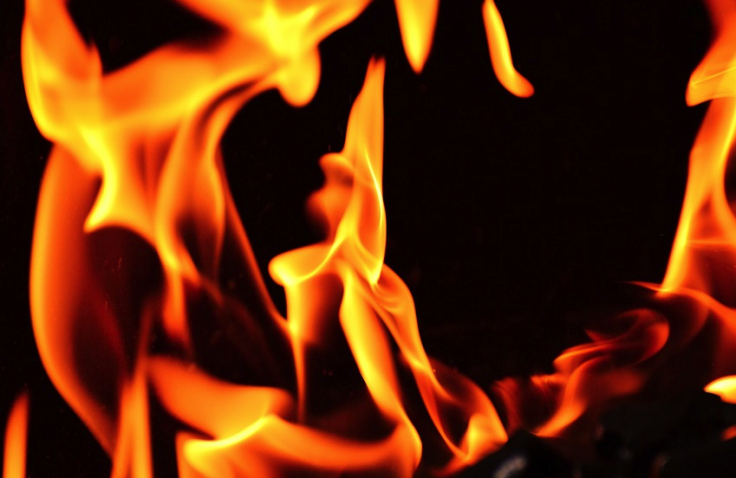Official figures from Brazil have shown a big increase in the number of fires in the Amazon region in July compared with the same month last year, it was reported on Sunday. Satellite images compiled by Brazil's National Space Agency revealed on Saturday that there were 6,803 - a rise of 28 per cent, the BBC reported.
The latest figures raise concerns about a repeat of the huge wildfires that shocked the world in August and September last year. President Jair Bolsonaro has encouraged agricultural and mining activities in the Amazon. But under pressure from international investors in early July his government banned starting fires in the region.

Bolsonaro has criticised Brazil's environmental enforcement agency, Ibama, for what he describes as excessive fines, and his first year in office saw a sharp drop in financial penalties being imposed for environmental violations.
Amazon Fires May Enhance Glacier Melting
Researchers have found that burning of the rainforest in southwestern Amazonia (the Brazilian, Peruvian and Bolivian Amazon) may increase the melting of tropical glaciers in the Andes, South America.
For the study, published in the journal Scientific Reports, researcher Newton de Magalhães Neto and colleagues from Rio de Janeiro State University, Brazil, modelled the possible effect of biomass burning in the Amazon Basin on the Bolivian Zongo Glacier using data collected between 2000 and 2016 on fire events, the movement of smoke plumes, precipitation and glacier melting.
Other Pressures That May Add To The Environmental Woes
They found that aerosols from biomass burning, such as black carbon, can be transported by wind to tropical Andean glaciers. There they are deposited in snow and have the potential to increase glacier melting as snow that is darkened by black carbon or dust particles reflects less light (reduced albedo).
Pressure related to global food demand may result in further expansion of Brazilian agriculture and deforestation, resulting in enhanced black carbon and CO2 emissions that may impact Andean glaciers.









